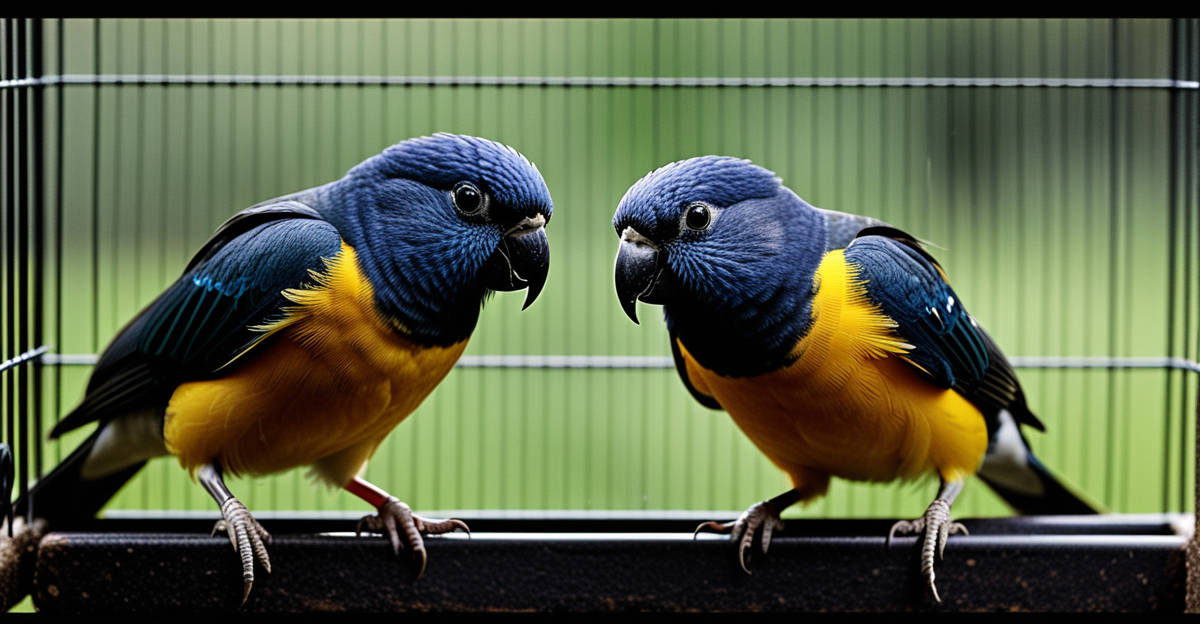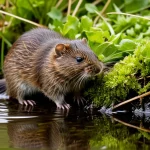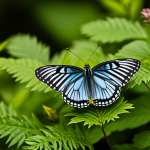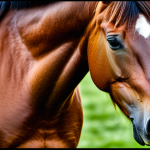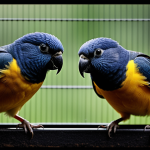Identifying Signs of Boredom in Pet Birds
Pet birds, like any intelligent creatures, need mental and physical stimulation. Recognising signs of pet bird boredom is crucial for their well-being. Changes in behaviour often hint at boredom. A bird might become either unusually quiet or excessively noisy. These behavioral indicators signal that something is amiss. Birds may also pluck feathers or exhibit repetitive movements like pacing or swaying, which indicate distress.
Vocalizations are another key aspect. A suddenly louder or more frequent squawk could be a plea for attention. Understanding these sounds and their meanings helps differentiate between normal chatter and calls for help. Visual cues, such as a glazed look or lack of engagement with their surroundings, provide additional insight into their mental state.
En parallèle : Cultivating Joy: Top Strategies to Keep Your Indoor Ragdoll Cat Mentally Stimulated
Observing these behavioral indicators consistently is vital. Birds, like humans, show varying signs, and their habits shift when they are discontented. It’s important to monitor for any drastic changes and respond appropriately. By being attentive and responsive, owners can ensure their feathered companions remain healthy, content, and enriched, minimizing the risk of boredom significantly.
Practical Strategies to Keep Birds Entertained
Keeping pet birds entertained is essential to prevent boredom and foster their well-being. There are numerous ways to engage pet birds and provide environmental enrichment that can make a significant difference in their daily lives.
A lire en complément : Conquering Lyme Disease in UK Horses: The Ultimate Diagnostic and Treatment Handbook
Enriching the Environment
The setup of a bird’s cage is pivotal. A diverse environmental enrichment can transform a bird’s physical space into a stimulating haven. Incorporating natural elements like branches and perches mimics their wild habitat, making the area more enticing. Choose materials that are safe and bird-friendly to prevent any harm. This setup encourages exploration and exercise, both crucial for a bird’s happiness.
Interactive Toys and Activities
Birds love interaction, and toys are an excellent avenue for engagement. Opt for toys that promote mental and physical stimulation, such as puzzles or chewable items. For a personal touch, consider DIY toy ideas using household materials. Regularly rotating these toys can be a simple yet effective way to maintain your bird’s interest, addressing engagement strategies directly.
Social Interaction and Training
Socializing with pet birds strengthens bonds, reducing feelings of boredom. Engage in training exercises which not only enhance the human-bird connection but also stimulate their cognitive skills. Simple activities like teaching new tricks or allowing out-of-cage time encourage interaction, promoting overall well-being.
Expert Tips and Advice
Gaining insights from avian specialists can significantly enhance a pet bird’s quality of life. They stress the importance of understanding each bird’s unique personality and behaviour patterns. By tailoring daily routines to match these traits, owners can create a personalised enrichment schedule that effectively prevents boredom. Ensure variety in these routines to keep your bird engaged and entertained.
Experts recommend incorporating daily enrichment activities such as interactive play, puzzle-solving, and even regular social time outside the cage. A structured routine helps birds anticipate and enjoy their daily interactions, promoting a sense of security and contentment.
Moreover, resources for further reading on bird behaviour and bird care tips are invaluable for deepening your understanding. Books, articles, and online forums can provide in-depth knowledge and guidance, enhancing your ability to care for your feathered friend. Furthermore, consulting with an avian specialist for tailored advice ensures your approach aligns with the latest best practices in avian care. Always seek professional guidance if you notice unusual behaviour patterns in your bird, as early intervention is key to maintaining their well-being.

